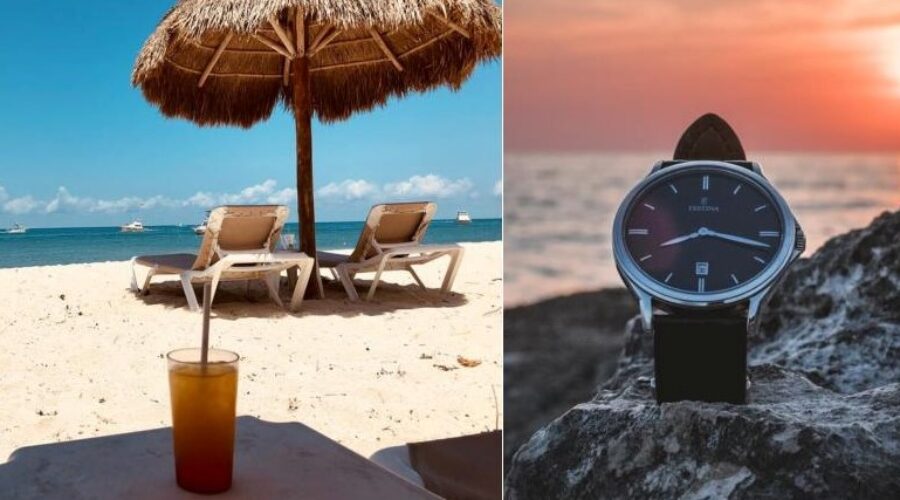Fiji time! What’s the rush?
Fiji time. You’ve probably heard of it. The concept of not having to rush around, frantically checking your watch or phone.
Enjoying and living in the moment. In fact when you’re on holiday, isn’t that the best thing? When you wake up in your hotel or villa and forget what day it is. And don’t care.
But isn’t this “Fiji time” a condescending stereotype? Does it even exist? Is Fiji time a real thing?
You betcha.
The concept of not being governed by time is alive and well in Fiji and something you’ll become quickly aware of. A taxi may arrive later than you’d agreed on. You might visit a place for dinner and they’re still preparing.
Either way, you’ll be greeted with a cheery “Bula” and warm smile. You can either:
A: get annoyed and wish everything was punctual and on-time.
B: accept it and start enjoying the fact that not everything has to be so tightly scheduled.
Because for many people in Fiji the concept of time is a broad concept. For example, if you were invited to a party you might ask what time it was starting. The Fijian host might shrug and say, “I don’t know. About 5ish. But 7 or 8 would be fine.”
The philosophy is that life is to be enjoyed and savored. Appreciate the moment and don’t stress too much about what can and can’t be done in a certain time. For there’s always tomorrow to get it done if need be.

What time is it? Daytime
You’ll notice this laidback attitude from when you first arrive, most likely at Nadi Airport. Locals will be strolling the streets, chatting and laughing. Cars amble along the roads at their own pace (top speed on Fiji roads in 80km/h) and are in no rush to get to their destinations.
Road rage is not only unheard of but unfathomable. Why get so worked up?
To some, this can be a shock to the system. Focused and business-minded societies such as those in Western Europe and East Asia operate in completely mindsets.
A business meeting scheduled to start in Zurich at 10:00 will start right on 10:00. If you’re meeting people at a restaurant in Tokyo at 7:00, the norm would be to get there around 6:50.
Of course, it’s silly to compare the differences between countries like Japan or Germany with Fiji. The former are highly-industrialized countries with large populations. They simply must exist in a time-ordered way in order to function.
Fiji on the other hand, is still a highly traditional society. More than a third of the population are rural based, putting less of an emphasis on the need for punctual train arrivals and strict business deadlines.
It’s more than that, though. The extended family in Fiji is a precious part of life, whether in a native Fijian, Indian-Fijian or other setting. This means that spending quality time with loved ones is far more important that devoting oneself to work colleagues and careers.
Collecting shells on the beach in the morning with aunts, uncles and grandparents and then preparing and cooking them later in the day is what life’s all about.
It’s not that business isn’t an important priority in Fiji – quite the contrary. The country’s massive popularity as a tourism destination is built around a dedicated culture of exceeding customer demands.
As a visitor to Fiji, the concept of Fiji time can transform your holiday into a mental getaway. Once you get into the swing of taking things easily and not fussing over unnecessary deadlines, you’ll appreciate the true meaning of “getting away from it all”.
Understand Fiji time and embrace it. After all – you’re on holiday. Enjoy it!



